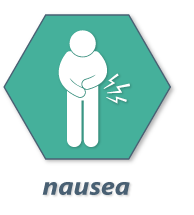
Nausea
A person using drugs may have nausea, vomiting or excessive sweating.

“If you can quit for a day, you can quit for a lifetime.” – Benjamin Alire Sáenz

A person using drugs may have nausea, vomiting or excessive sweating.
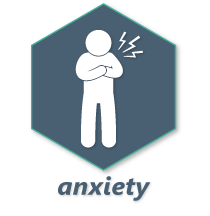
You may have panic attacks – periods of very severe anxiety when your heart rate increases, with trembling, sweats, shortness of breath, and a fear of losing control.
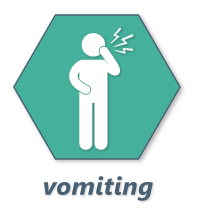
Abdominal pain,vomiting, and diarrhea are possible. Vomiting blood, or blood in bowel movements, can be life threatening
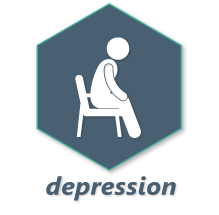
You may have times when you feel depressed – sad, restless, irritable, tired, loss of pleasure, or manic – elevated mood, delusions, impulsive behaviour, racing thoughts.
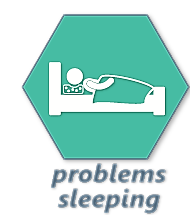
A person using drugs may be hard to awaken or may act bizarrely. Sleepiness, confusion, and coma are common.
Withdrawal symptoms usually occur when the body becomes habituated to a substance that is consumed over a long enough period of time and then either stopped completely or radically reduced in dosage.

The use and abuse of alcohol and drugs are serious issues that should not be ignored or minimized. If left untreated, use and abuse can develop into drug dependence or alcoholism. As a result, it is important to recognize the signs and symptoms of alcohol and drug abuse early. If you’re worried about your own drug or alcohol use, or that of a friend or family member, here are some of the warning signs to look for: